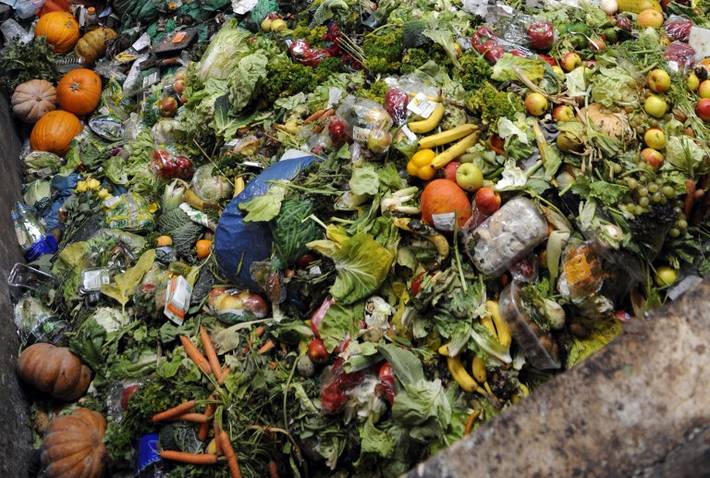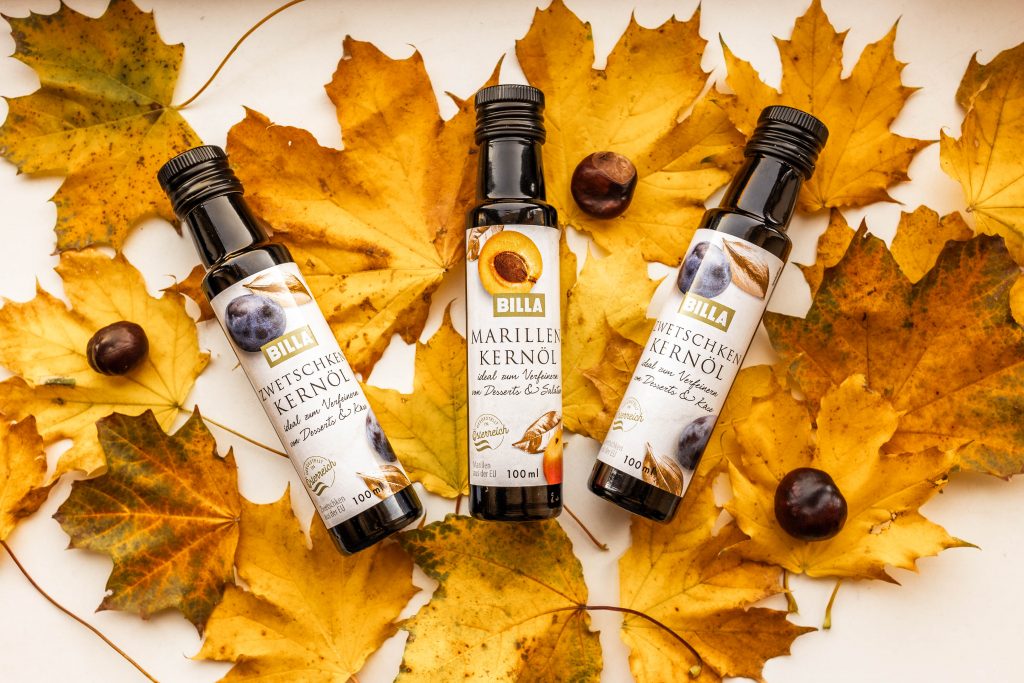At the same time, while food waste and food loss are issues that should concern world leaders – and indeed all of us – it is also a difficult challenge to find efficient solutions for. To clarify, food loss happens at the earlier stages of the value chain, during harvesting, processing, and transportation. While food waste happens in the later phases of the chain, when reaching consumers, in retail, restaurants, and households.
The reasons for food waste and loss are many and varied. We produce too much food and distribute it poorly. In addition, our consumer and production patterns are ones of immediacy – we want specific items at any time and place that we choose. Nowadays, we consider food a commodity and treat it as such.
Facts and figures on food waste
We, consumers, can see the food waste produced in our houses. However, food waste doesn’t come only at a household level. Along the entirety of the value chain, there is waste. And for all of the processing steps that food products pass through, there are side streams creating leftovers.
Wasted food also means a waste of resources, including land, water, energy, and seeds. All of this waste, as well as the misuse of global resources, contributes greatly to greenhouse gas emissions.

In 2020, 811 million people faced food-security issues, a number that is growing and which was further exacerbated by the pandemic. Paradoxically, a trillion dollars worth of food is wasted every year. To put things into context, that’s enough food to feed around 2 billion people. Addressing food waste is a matter of fighting food insecurity, climate change, and creating a more resilient food system.
In order to tackle this issue, a number of innovative startups are upcycling food and creating new products from food waste. According to the Upcycled Food Association (UFA), upcycling food is an ancient practice which utilises the maximum amount of any food source, thus optimising the value of food and food production.
Untapped potential
Matt Tom, one of the mentor’s at the ProVeg Incubator and a specialist in food-technology strategy and execution, believes that alternative-protein startups should focus “on adding value or recapturing what are traditionally considered food-waste streams because it’s a huge global inefficiency”. For Matt, “it’s poor form to continually need new fresh sources when there’s still untapped potential”.
So, let’s meet some of the startups that are reshaping our food system, upcycling food waste and addressing a very real problem that currently contributes up to 10% of global greenhouse gas emissions:
Renewal Mill
Renewal Mill is a US-based startup that upcycles waste streams from plant-based milk production, including streams comprised of soybean, oat, pea, and almond byproducts. First, the company harvests the waste streams. The resulting residue is dried and transformed into powder for cooking and baking, e.g. in cookie mixes and oat flour.
Kern Tec
The Austrian-based startup is our alumnus from the sixth cohort of the ProVeg Incubator. They have developed a unique process to upcycle valuable fruit pits into new ingredients. Kern Tec’s mission is to upcycle hundreds of thousands of tonnes worth of pits and to develop new and unique products that can be easily adopted into our daily diets.

Matriark Foods
Also from the US, Matriark Foods partners with farmers to rescue vegetable side streams that would otherwise be discarded. Matriark Foods then transforms these into a low-sodium vegetable broth for use by schools, hospitals, and food banks.
Rubies in the Rubble
Transforming rejected vegetables – due to size, aesthetics, oversupply, etc – into condiments is what this UK startup is doing to increase the shelf-life of fruits and vegetables and combating food waste at a farm level. The resulting range of condiments includes ketchup, plant-based mayo with various flavours, chutneys, and much more.
Upcycled Grain Project
Based in New Zealand, the Upcycled Grain Project is tackling beer-brewing waste streams. The Upcycled Grain Project uses discarded grains from beer production and upcycles them into high-protein plant-based snacks.
There are many other organisations and startups developing products by upcycling food waste. From farm-level rejected vegetables to leftover grains and pulps, as well as numerous other byproducts of food production.
In addition, digital apps such as Too Good To Go are gaining traction and space on the market by helping consumers save money while also saving food. Too Good To Go connects customers to local restaurants and supermarkets that sell surplus unsold food at reduced prices.
Finally, here are a few small things that you can do to fight food waste in your own home: Here are some tips from the BBC’s ‘7 day no food waste challenge’:
- Shop smart
- Store your food properly
- Save and eat leftovers
- Freeze food
- Pack your own lunch
- Make homemade stock using vegetable leftovers
- Compost

